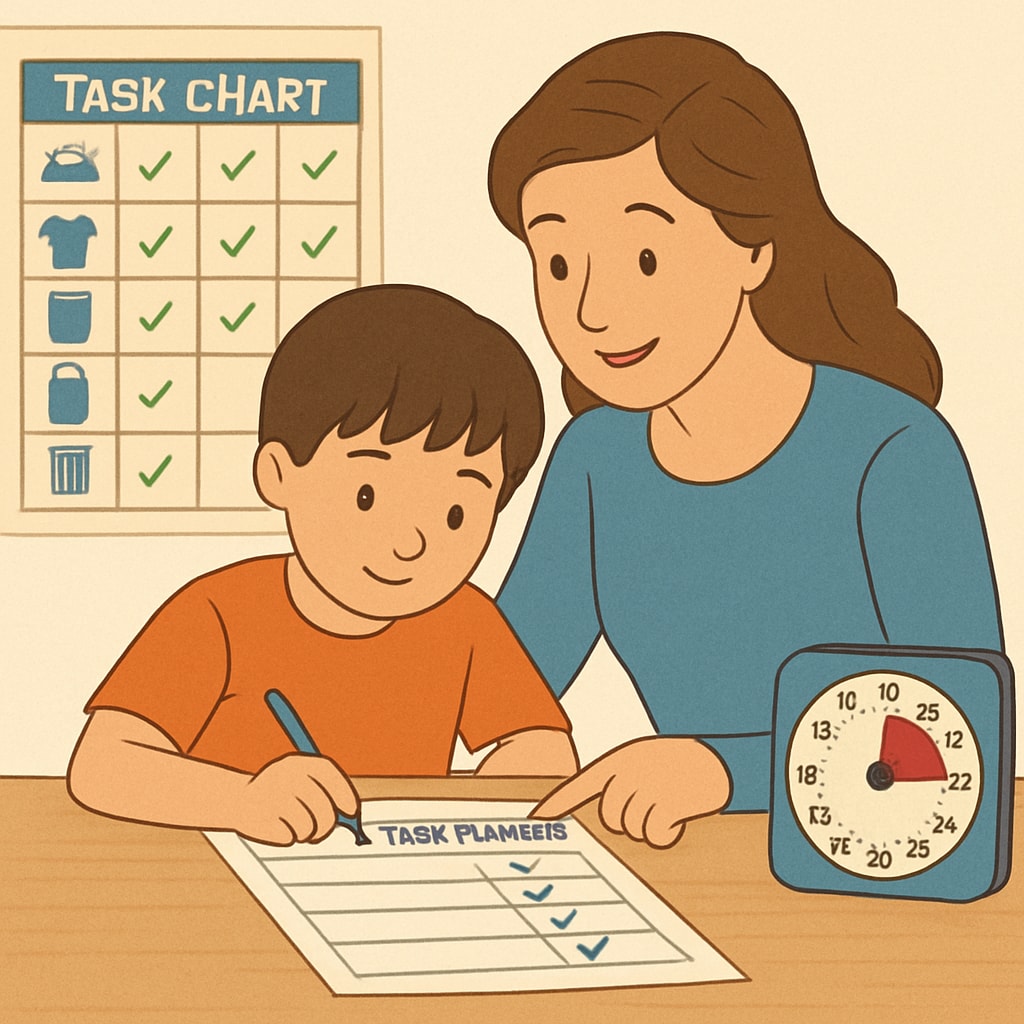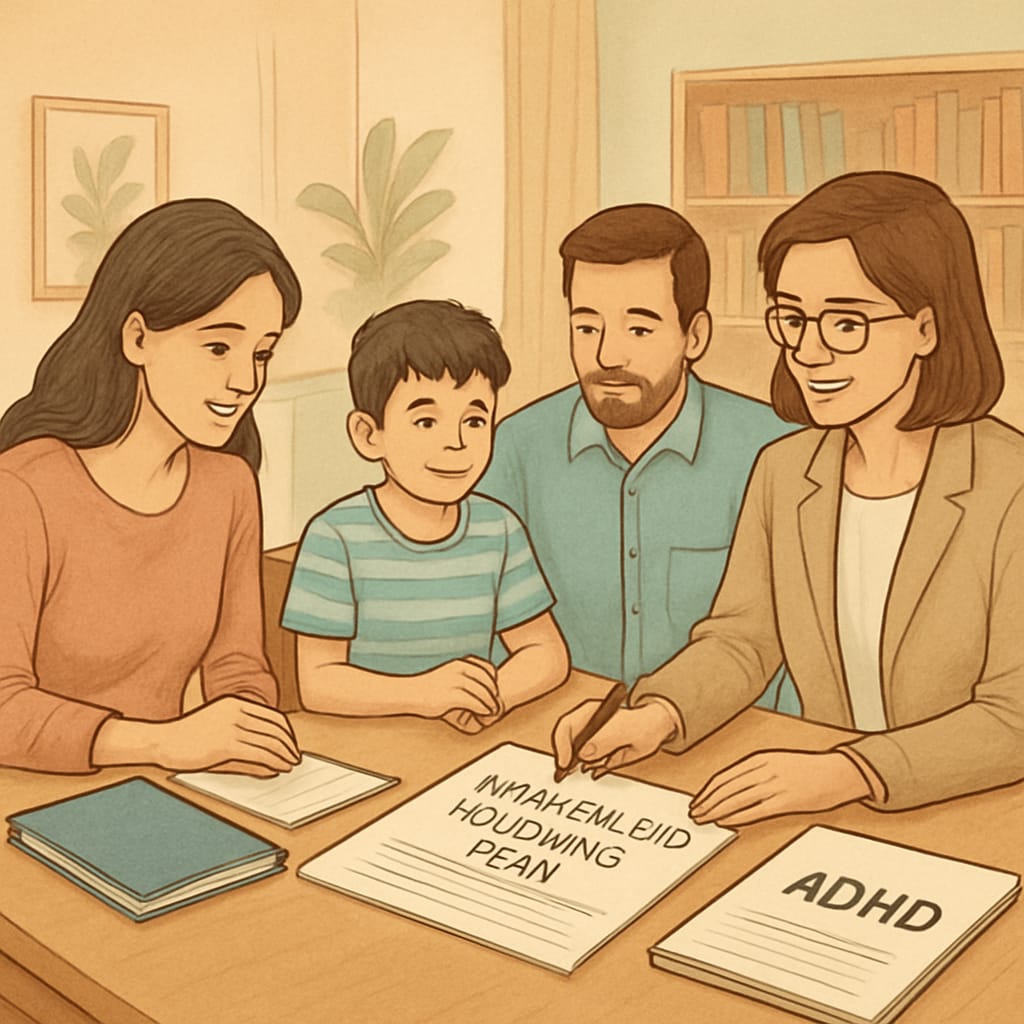Children with special needs, including those with ADHD (Attention-Deficit/Hyperactivity Disorder) and ASD (Autism Spectrum Disorder), often face executive function challenges. These challenges can affect their ability to plan, manage time, and stay organized. However, with targeted strategies, parents and educators can empower these children to develop essential skills and achieve greater autonomy.
Understanding Executive Function Challenges
Executive function refers to a set of cognitive processes that help individuals regulate their behavior, achieve goals, and adapt to changing environments. For children with ADHD or ASD, deficits in executive function may manifest as difficulty with impulse control, working memory, or flexible thinking. Recognizing these challenges is the first step in providing effective support.

Practical Strategies for Skill Development
To help special needs children improve their executive function skills, parents and educators can implement the following strategies:
- Structured Routines: Establish predictable daily routines to reduce uncertainty and improve time management.
- Visual Aids: Use charts, calendars, or timers to help children visualize tasks and deadlines.
- Break Tasks into Steps: Simplify complex activities into smaller, manageable steps to avoid overwhelming the child.
- Encourage Self-Monitoring: Teach children to reflect on their progress and adjust their strategies as needed.
These techniques not only support cognitive development but also foster a sense of accomplishment and independence.
Parental Support and Collaboration
Parents play a crucial role in helping children with executive function difficulties navigate their daily lives. By fostering collaboration and maintaining open communication with educators and therapists, parents can ensure consistent strategies across settings. Additionally, providing emotional support and celebrating small victories can boost the child’s confidence and motivation.

The Importance of Individualized Approaches
Each child’s needs are unique, making it essential to tailor interventions to their specific strengths and challenges. For example, children with ADHD may benefit from activities that encourage focus and impulse control, while children with ASD might thrive with visual schedules and sensory-friendly environments. Consulting professionals and utilizing evidence-based practices can maximize the effectiveness of these strategies.
Readability guidance: Use short paragraphs to maintain engagement. Incorporate lists to summarize key points. Distribute transitional phrases evenly throughout the text, such as “however,” “in addition,” and “as a result.”


